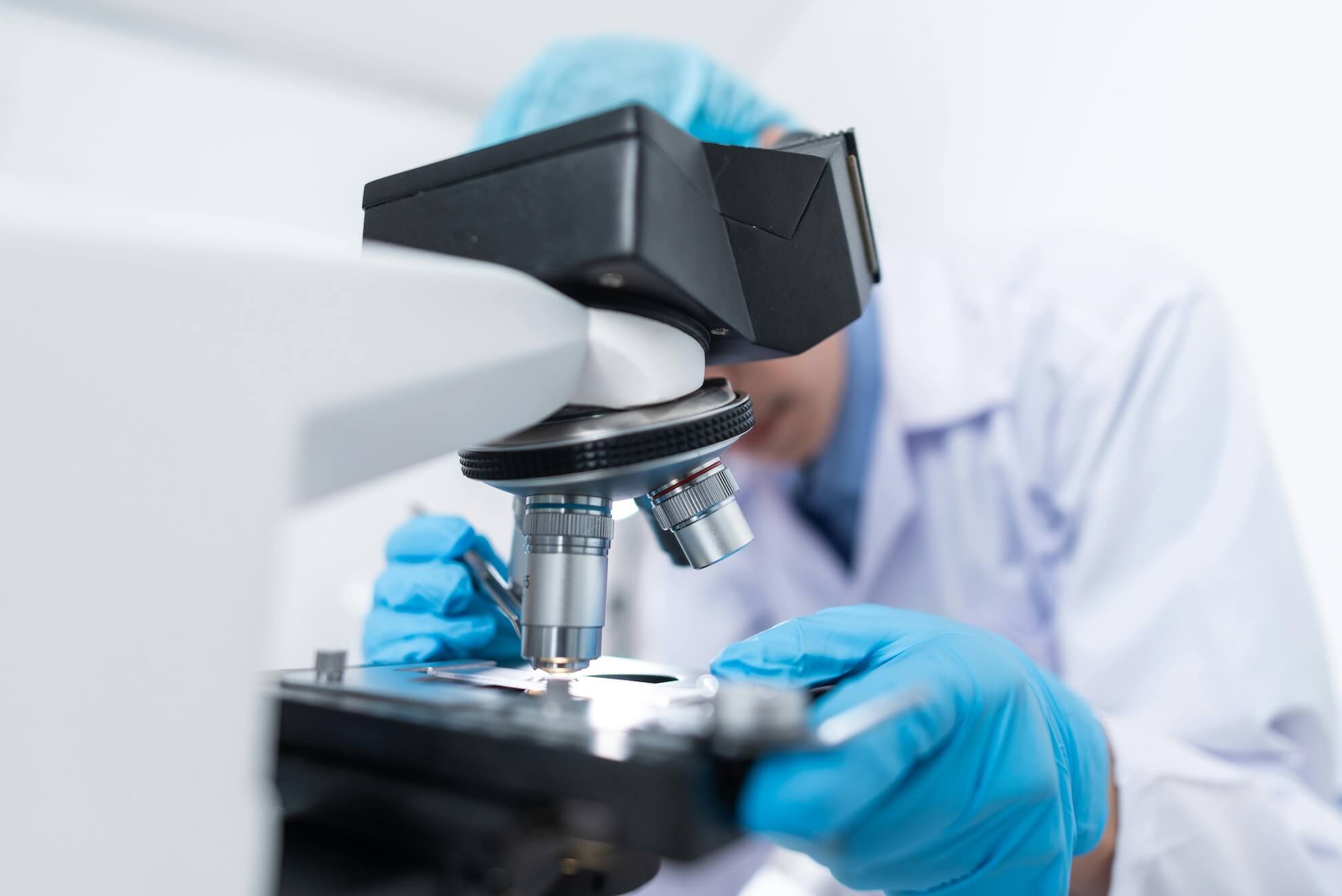- OBI partners with Toronto-based EpiSign to accelerate rare disease diagnosis, refining AI-powered EpiSign METRIC technology that analyzes epigenomes to detect genetic disorders affecting 1 in 15 Canadian children
- Made-in-Ontario innovation transforms diagnostic timeline, compressing months or years of testing uncertainty into weeks through machine learning algorithm that examines gene expression patterns rather than DNA sequences alone
- Global implementation launches Fall 2025, with testing network spanning six continents and technology platform offering potential applications beyond rare diseases to neurological conditions, cancer diagnosis, and drug development
The journey to diagnose rare genetic conditions often feels endless for families. Years of hospital visits, inconclusive tests, and unanswered questions can define their experience before finally receiving answers.
"Research into gene therapy and epigenetic treatments is advancing. But to keep that progress going, we need better data-sharing, deeper testing protocols and a way to follow up with parents as discoveries are made. We need to close the gap between diagnosis and care," wrote one parent in the Toronto Star earlier this year.
This reality faces thousands of Canadian families. Approximately 1 in 15 children are born with a rare genetic condition, many of which manifest in early childhood and require frequent hospital care. Current diagnostic methods are costly and often leave patients undiagnosed for years, delaying treatment during critical developmental windows.
But a partnership between the Ontario Brain Institute and Toronto-based EpiSign Inc. could change that trajectory for future families.
Technology meets compassion
The collaboration, announced in March 2025, centres on refining and validating an innovative diagnostic tool called EpiSign METRIC – a machine learning algorithm that analyzes a person's epigenome to detect rare genetic disorders. Unlike traditional genetic testing that looks at DNA sequences, this technology examines chemical modifications that affect how genes are expressed.
Through OBI's Centre for Analytics, the partnership combines medical innovation with advanced computing infrastructure. Clinicians can upload patient data to a secure cloud platform, run the algorithm, and receive results significantly faster than conventional methods.
"The Ontario Brain Institute's collaboration with EpiSign demonstrates how advanced AI and machine learning techniques can accelerate innovation in healthcare," said Dr. Tom Mikkelsen, OBI's President and Scientific Director. "By refining diagnostic tools for rare genetic disorders and enabling earlier, more accurate diagnoses, ultimately, we will help improve patient outcomes."
The technology represents what researchers call the next evolution in genetic diagnostics. Rather than the lengthy, expensive testing protocols that families have traditionally endured, EpiSign METRIC offers a streamlined approach that could compress months or years of uncertainty into weeks.
Global reach, local innovation
Dan Sinai, CEO of EpiSign, describes the partnership as pivotal for global implementation. "EpiSign METRIC marks the next evolution of our technology – our first end-user software empowering clinical laboratories worldwide to independently analyze their own episignature testing data," he said.
The company's testing network already spans North and South America, the UK, Europe, the Middle East, and Australia. Large-scale validation is underway, with clinical implementation planned and a global launch scheduled in Fall 2025.
Dr. Bekim Sadikovic, EpiSign's Chief Scientific Officer and London Health Sciences Research Chair in Clinical Genomics and Epigenomics, sees broader implications beyond rare genetic diseases. The technology platform could extend to environmental exposures, neurological conditions, cancer diagnosis, and drug development.
At EpiSign, our mission has always been to bring clarity to families navigating the uncertainty of rare genetic conditions. Through our partnership with OBI, we've been able to harness the power of epigenetics and artificial intelligence to deliver faster, more accurate diagnoses for children across Ontario and beyond.
Dr. Bekim Sadikovic, EpiSign's Chief Scientific Officer and London Health Sciences Research Chair in Clinical Genomics and Epigenomics
Closing the gap
As families navigating rare genetic diagnoses know too well, the journey from symptoms to diagnosis can be isolating and overwhelming. The promise of faster, more accurate testing represents more than technological advancement; it offers hope for reducing the emotional and logistical strain that accompanies medical uncertainty.
The partnership between OBI and EpiSign demonstrates how artificial intelligence can serve healthcare's most fundamental goal: helping people when they need it most. For the thousands of families still navigating their own diagnostic odysseys, this Ontario-made innovation could mean the difference between years of questions and timely answers that lead to effective care.
With global implementation on the horizon, the technology developed through this collaboration may soon offer families worldwide what many have long sought: a clearer path from uncertainty to understanding.
Learn more about the CfA


